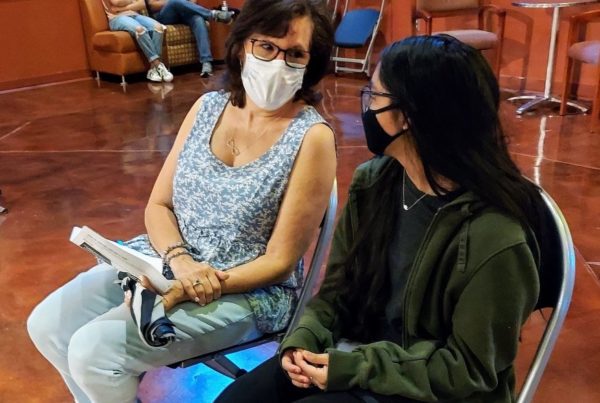The United States Supreme Court will hear a case from Mississippi that bans abortions in most cases after 15 weeks of pregnancy. Up until now, legal precedents have set that states can’t ban abortion before a fetus is viable at around 22 weeks.
“So there’s no question the law violates current constitutional standards,” said Joanna Grossman, Southern Methodist University Professor of Law and Ellen K. Solender Endowed Chair in Women and the Law.
Grossman said former President Donald Trump put three justices on the court with the express purpose to overturn constitutional standards for abortion access.
“And two of them, Brett Kavanaugh and Amy Coney Barrett, appear poised, in fact, to carry that out,” Grossman said.
Grossman said she thinks the likelihood the court will make a decision that will change precedent in abortion access cases is “extremely high.”
“I think the only question is whether they will junk the whole line of [previous abortion access] cases completely or try to do something a little bit narrower,” Grossman said.
Grossman said the sticking point here is whether the idea of “viability” of the fetus will remain the standard.
“It’s not clear what you could replace that with,” Grossman said. “So if viability is not a line in the sand, is it a heartbeat? Is it some notion of fetal pain?”
Grossman said the bottom line of changing the “viability” standard would be that states could have a lot more leeway.
In Texas, lawmakers this session have sent a bill to Gov. Greg Abbott that would ban abortions after six weeks of pregnancy — before some even realize they are pregnant. Several states have “trigger laws” that would ban abortions instantly if a constitutional right is eliminated.
“So the reality will be that the post-Roe [v. Wade] world will look a lot like the world does on other issues — which is completely polarized,” Grossman said. “So some states have already taken steps to protect the right of abortion in their own laws and other states, like Texas, have done or are doing the opposite.”















